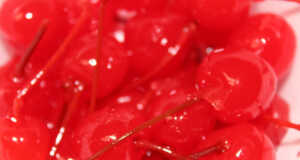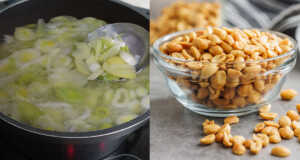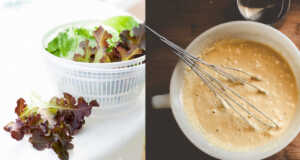Doing laundry can be tedious, but the payoff is having fresh-smelling clothes that are soft to the touch. For some of us, it’s a wonderful feeling digging a fluffy warm towel out of the dryer and going for a shower.
In order for us to capture such fluffiness and lovely scents, we will often use dryer sheets and fabric softeners. However, it might seem that our clothes and towels don’t actually benefit from our use of fabric softeners or dryer sheets.
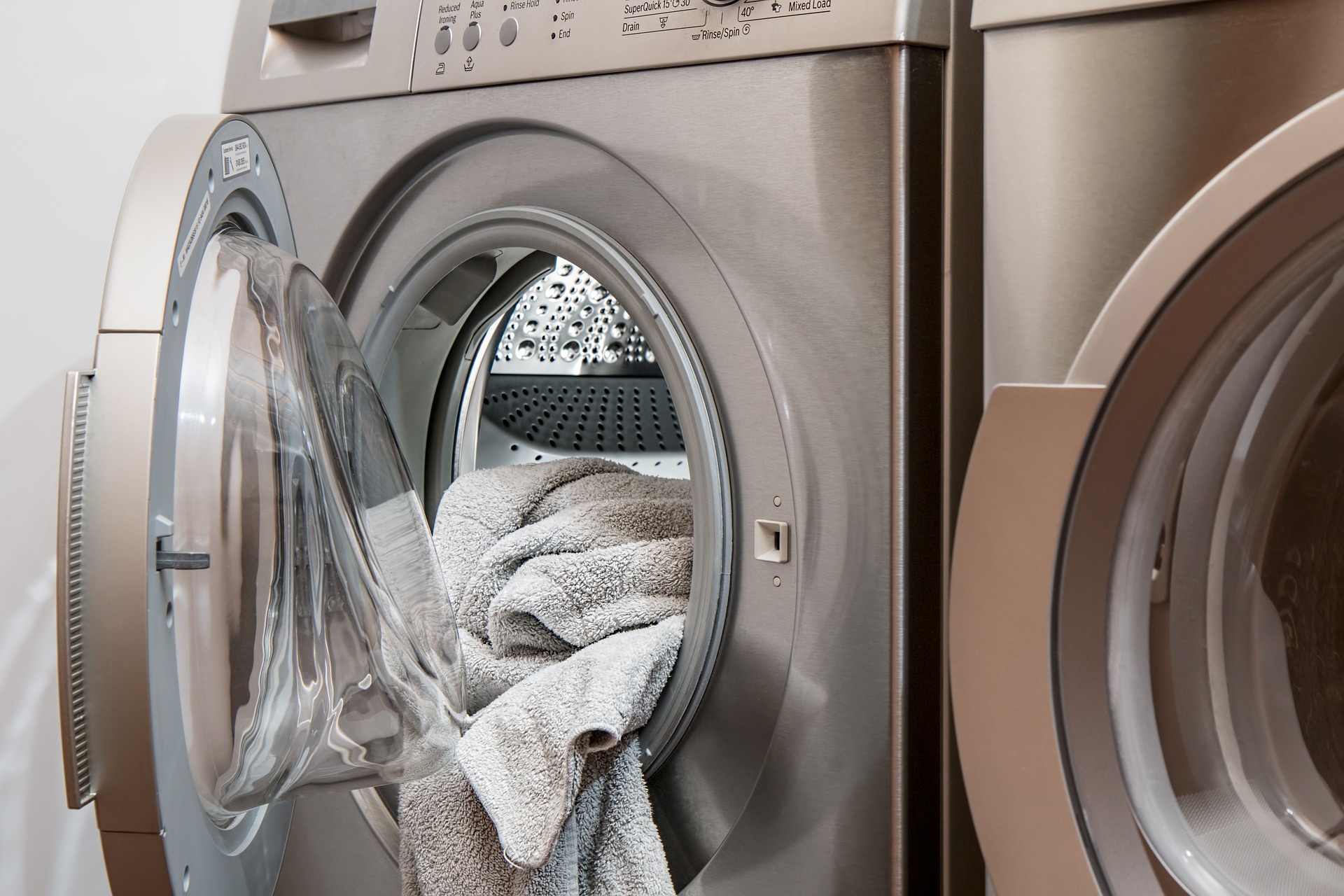
As it turns out, dryer sheets are created using stearic acid or fatty acids, alongside an array of scents and chemicals. The fibers are then woven into sheets that later melt under the heat of the dryer, thus coating the clothes in a film that makes them soft and reduces static.
However, this film doesn’t just coat the clothes and towels, it actually coats your entire dryer in the film. While this isn’t necessarily a problem, it can post a big issue when it comes to the dryer’s lint filter.
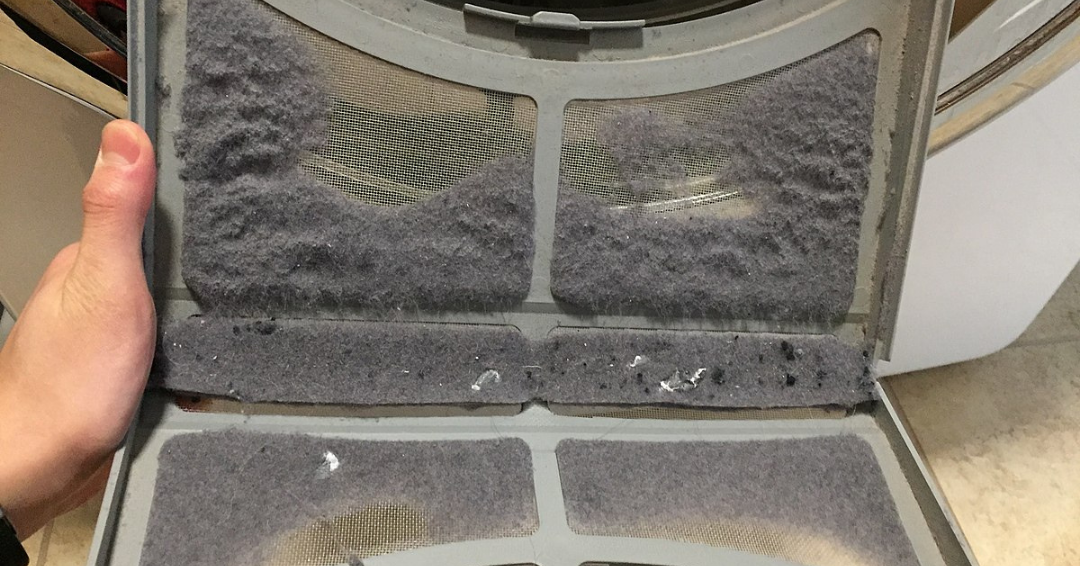
The residue that comes from the dryer sheets will end up building up inside the filter, and, in time, it will make removing lint even more difficult. This is because the sticky film will cause the lint to stick to the lint filter as well as your clothes. If you notice that there is lint sticking to your clothes, then this might be a sign of a problem arising with your lint filter.
Another problem that can occur because of dryer sheets is that your towels actually become less absorbent, and your activewear can experience a reduction in its sweat-wicking capabilities.
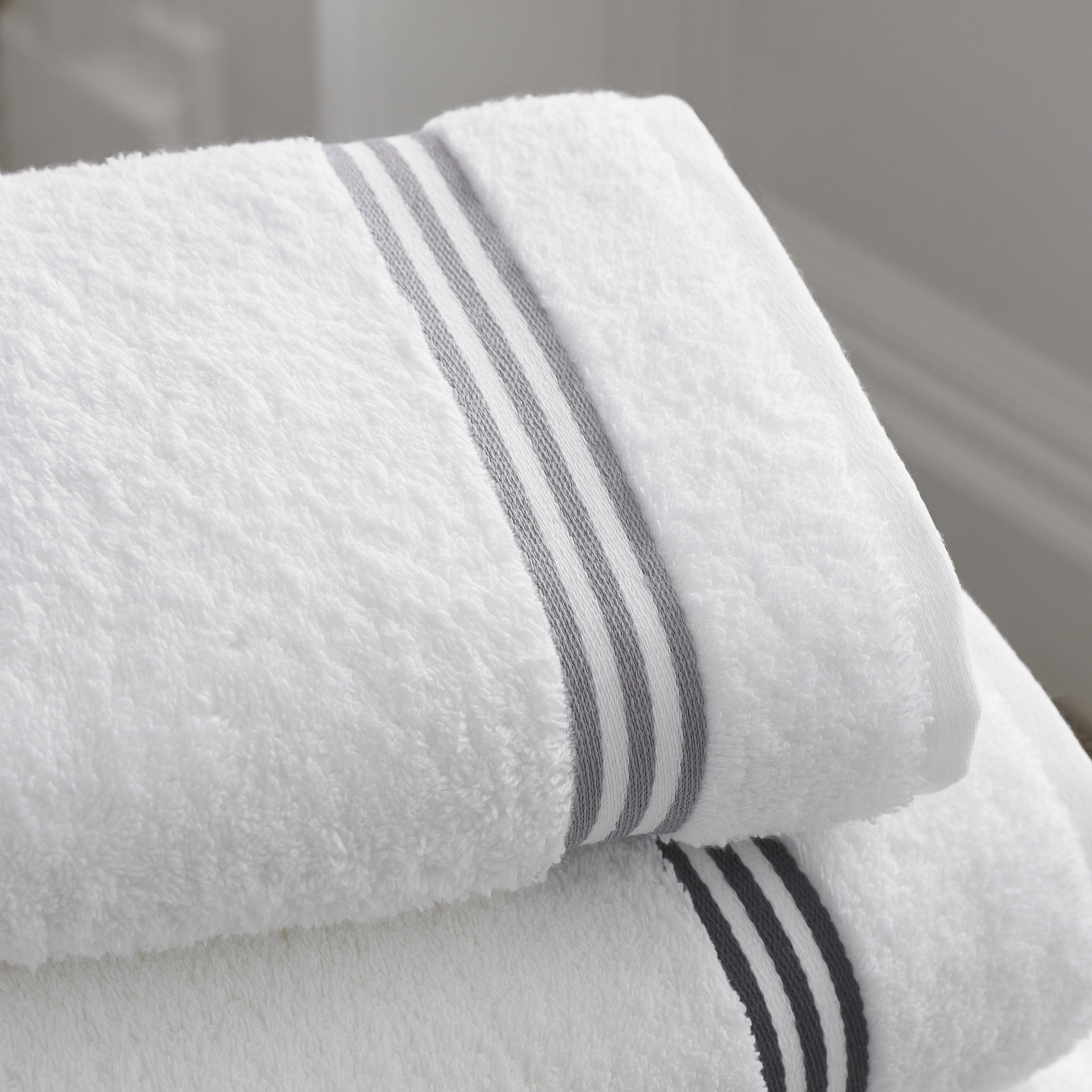
Furthermore, the American Association for the Advancement of Science reports that dryer sheets can lessen the effectiveness of fire-resistant clothing. And while fabric softener is a little less destructive, it can be quite irritating to those with sensitive skin.
Granted, if you still want that fresh and soft feel to your clothing, there are easy and cost-effective solutions that won’t wreck your dryer. For a simple fabric softener replacement, just add a quarter-cup of baking soda or a half-cup of white vinegar to your washer during its rinse cycle in order to make your clothes feel softer as well as look brighter once cleaned.
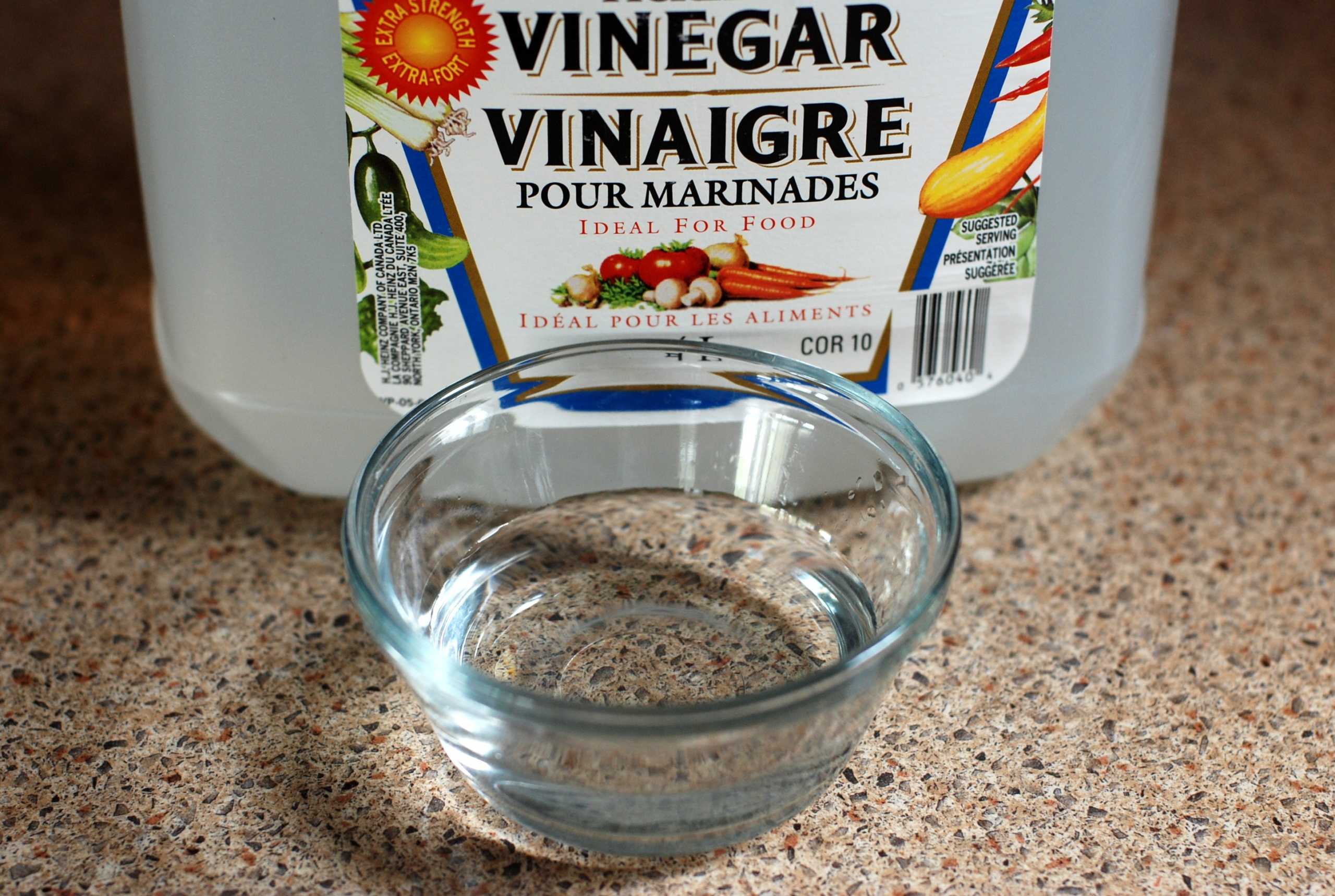
Be sure you don’t add vinegar to the front-loading washers, as the acid from the vinegar can destroy the door seal. If you want to avoid static in your clothes, you can easily combat this with 2-3 aluminum foil balls. All you need is 3 or 4 square feet of aluminum foil for each, then you scrunch them up into balls. These can be tossed into the dryer alongside your wet clothes, and your static problem should be taken care of.
Do you have any DIY solutions for your laundry? Let us know!



